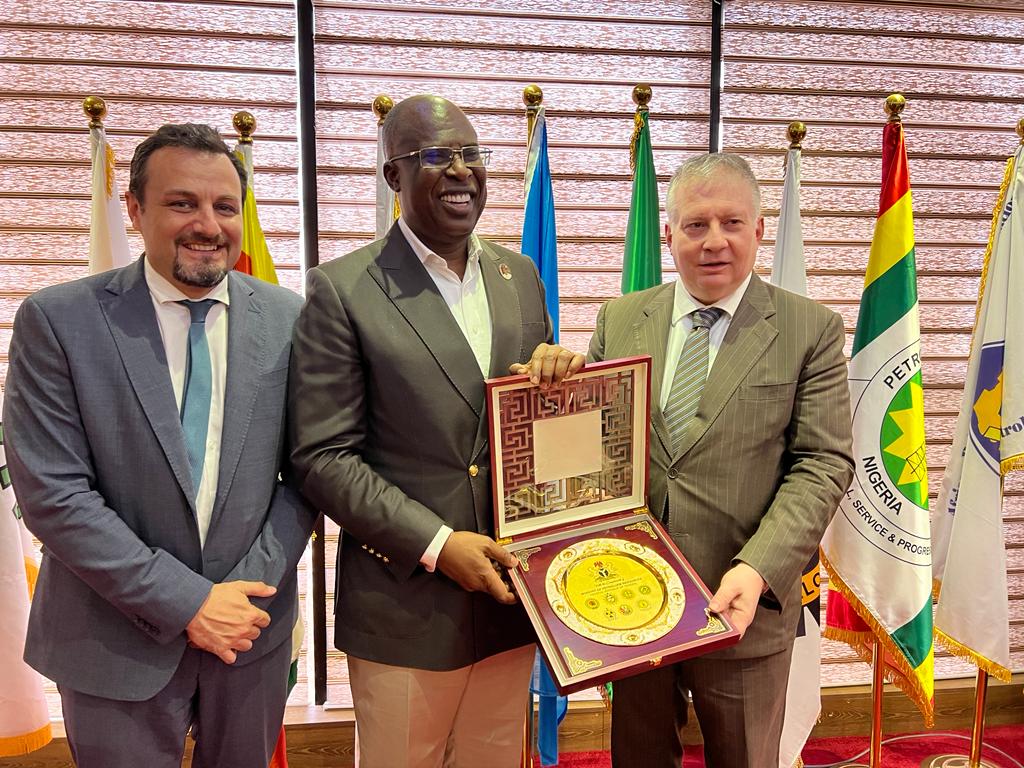By Bassey Udo
The epileptic supply of electricity as a result of poor performance by the operators has raised fresh concerns among sector experts on the need to urgently review the privatisation of the power sector.
The experts in Abuja that the bulk of the challenges the sector was grappling with in the last eight years since the privatisation programme are traced to the poor performance by the invesrors that took over the operation of the sector.
The experts said there was the need to the government to urgently review the performance of these investors.
The President, Nigeria Consumer Protection Network, Kunle Olubiyo, said the way out of epileptic power supply was to revisit the privatisation done in 2013.
“The privatisation was done in November 2013, and in 2018, they were supposed to do a review. But that has not been done.
“Immediate review of the privatisation is needed to break the monopoly in the power sector. The present licence given to the investors should be reviewed without any further delay,” he said.
On metering, Olubiyo said there should be a clear cut policy direction on the issue, adding that consumers should be allowed to buy their meters and get refund through electricity credit/token arrangement.
For the National Organiser, Revolutionary Socialist Movement (RSM), Demeji Macauley, what the power sector required was renationalisation due to its importance in the economy.
Macauley said the power sector needs massive public investment to enable it expand to 21st century infrastructure, adding that it was only the government that could make it happen.
With massive investment in the sector, he said consumers would get adequate power supply.
“Workers in the sector also need motivation via decent working conditions in order to guarantee uninterrupted electricity at an affordable tariff rate,” he said.
On his part, the National President, Association for Public Policy Analysis (APPA), a civil society group, Princewill Okorie, said privatisation of the sector was just like any other policy in the country.
He said the privatisation was not the problem, adding that no policy would worksl without proper implementation.
“Nigeria has a lot of laws, but the problem is not about the law but the implementation and enforcement is where the problem is.
“The institution set up to monitor the privatisation policy should do more to make it work” he said.
Since the power sector was privatised in November 2013, with the taking over of the six successor power generation and 11 electricity distribution companies by private operators, the system has not experienced any significant improvement.
Although the Federal Government retained the control of the Transmission Company of Nigeria (TCN), the unbundled and partially privatised sector established a competitive market aimed improving management and efficiency, attracting private investment, increasing generation, and providing reliable and cost-efficient power supply.
Since taking over the power plants, the new investors were expected to refurbish, maintain, replace, operate and expand capacities of the plants to achieve their mandate of generating electricity for the country.
However, what is obtained today has been operators of a sector that are struggling to barely meet their service obligations under their different power purchase agreements.
Most of the operators blame their poor performance on the conditions in their operating environment, with the generation companies crying over inadequate supply of gas to generate electricity, while the distribution companies complain of poor tariff regimes to guarantee sufficient revenue to sustain their operations.
Consequently, they decry the inadequate capacity to receive enough electricity available, as the capacity of the transmission company an hardly convey above a certain threshold, to avoid systems collapse.




